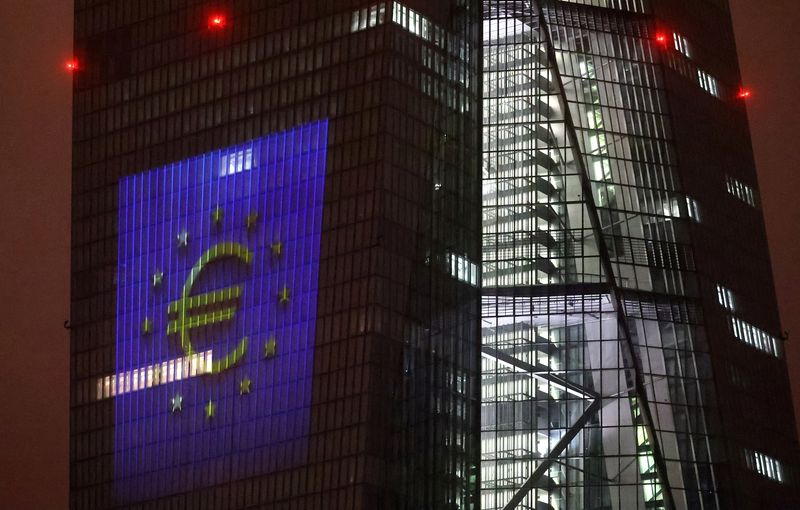Two 59%+ winners, four above 25% in Aug – How this AI model keeps picking winners
Investing.com - The European Central Bank kept interest rates on hold Thursday, pausing after seven straight cuts with policymakers waiting for more clarity surrounding Europe’s trade relations with the United States.
The ECB has lowered its key policy rate to 2% from a record high of 4% in the space of a year, but has decided to pause with inflation now at the central bank’s 2% target after the surge in prices that followed the end of the COVID-19 pandemic and Russia’s invasion of Ukraine.
The ECB’s own projections see price growth dipping below 2% for the next 18 months.
Attention is now turning towards the level of tariffs the Trump administration will impose on the European Union, which includes several members of the eurozone currency area, as the August 1 deadline draws nearer.
The Financial Times reported on Wednesday that the EU and United States are closing in on a trade deal that would impose 15% tariffs on European imports, similar to the agreement U.S. President Donald Trump struck with Japan this week.
However, the bloc will continue to prepare a possible 93 billion euros ($109 billion) package of retaliatory tariffs, set at up to 30 per cent, in case they cannot agree a deal by the beginning of next month.
The tense and unpredictable trade talks between Washington and Brussels have made policy-making difficult.
Additionally, the eurozone economy is barely growing, and the addition of U.S. tariffs will likely push down what meager growth this is, which has prompted markets to expect at least one more interest rate cut this year, probably in the fourth quarter.
“Policymakers have reiterated that monetary policy is in a ’good place’ given subdued inflation, but the Governing Council is probably happy with markets pricing in just one cut by year-end,” said analysts at ING, in a note.
There was some good economic news, released earlier Thursday, for the ECB to digest, as eurozone business activity accelerated faster than forecast this month, supported by a solid improvement in the bloc’s dominant services industry.
Still, ECB President Christine Lagarde flagged that risks to economic growth in the eurozone remain "tilted to the downside," with headwinds looming from a possible escalation in global trade tensions that could spark an increase uncertainty that would threaten exports, investment and consumption.
Lagarde noted that the ECB was not committing to a particular rate path, but said the central bank stood ready to adjust policy to ensure that inflation stabilizes at its 2% medium-term target.
(Scott Kanowsky contributed reporting.)
